This Special Edition Blu-ray is currently available from Arrow Academy. A 4K Ultra HD Blu-ray of the film is also available from the distributor.
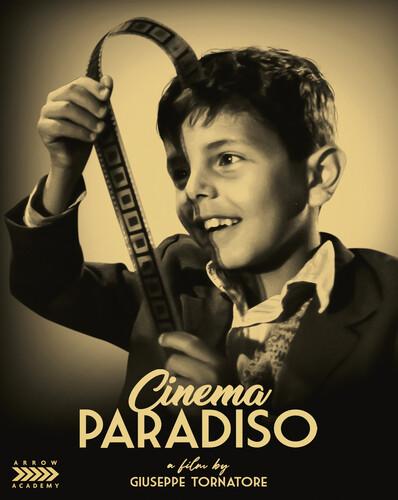
Back in the late 1980s, the Italian/French co-production Cinema Paradiso became something of a phenomenon. The North America distribution rights were picked up by Miramax and for this reviewer it seemed as though the picture found an adoring audience immediately upon its release. This movie ended up winning the Academy Award for Best Foreign Language Film and more than 30 years later, it still stands as one of the 50 Top Rated Films on the IMDb website.
Of course, it’s easy to see why the feature has such an appreciate audience. This reviewer remembers seeing it during its original run and being affected by the admittedly sentimental tale of a filmmaker reminiscing about his childhood in Sicily with the village projectionist. The movie wore its heart on its sleeve and the cast were so exceptional that they eked every ounce of emotion they could out of the subject matter. Arrow Academy have now released an incredible Special Edition Blu-ray of the movie which presents a 4K restoration of the original Oscar-winning feature, along with a second disc containing an extended Director’s Cut (which runs an extra 50 minutes) in 2K. It also comes with some fantastic bonuses and surprising revelations (at least to this reviewer), that suggest that the movie had a much more complicated journey than this reviewer had believed.
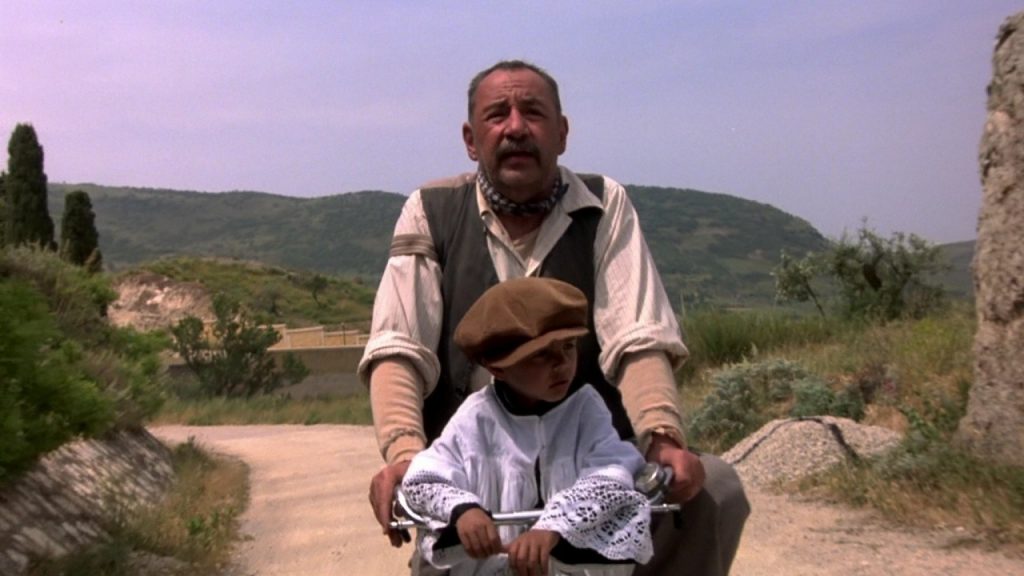
For those who weren’t around when it was released, the story begins with successful but career-obsessed film director Salvatore ‘Totò’ Di Vita (Jacques Perrin) receiving a call from his mother on the island of Sicily. She tells him about the death of a family friend and begs him to return home after 30 years away on the mainland. The conversation inspires flashbacks of young Toto (Salvatore Cascio) living in squalor after the end of World War II. He forces his way into the company of local cinema projectionist Alfredo (Philippe Noiret) and the two form an unexpected friendship when the older gentlemen teaching him everything that he knows about his job and movies in general. As the years pass, their relationship grows even closer. Alfredo starts offering an older Toto (Marco Leonardi) career advice and warn of the pitfalls of falling in love, specifically with a village girl of higher social standing named Elena (Agnese Nano).
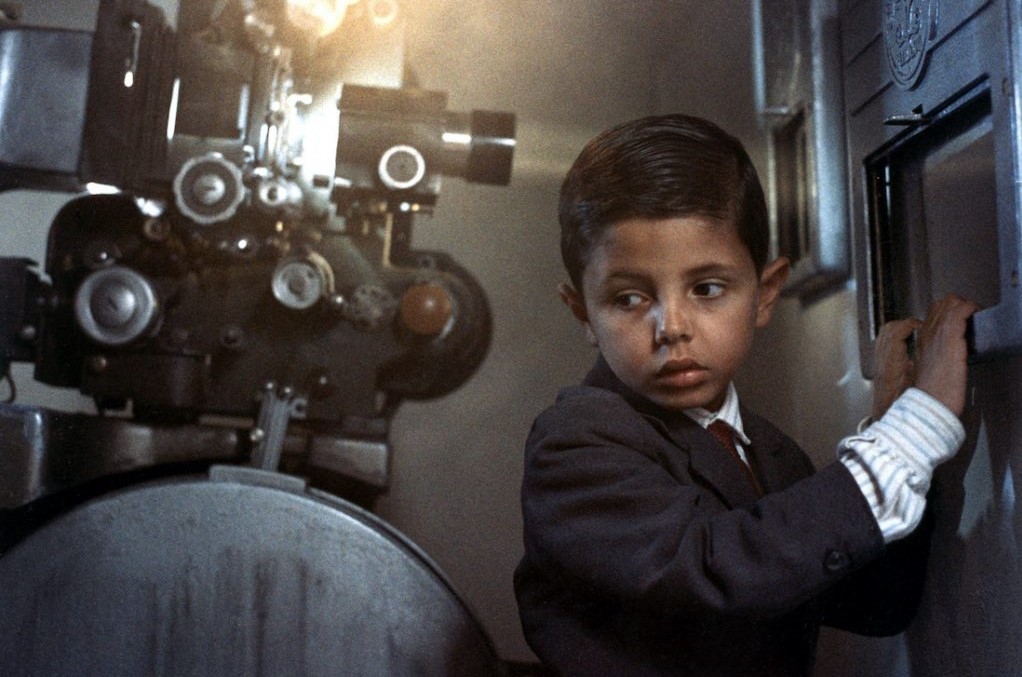
Over its running time, the story covers a lot of ground. It is impressive in its ability to veer from comedy, involving the young protagonist’s cute hi-jinks and the local church’s censorship of the movies being shown, to serious and tragic elements. Again, the cast deserve much of the credit for selling a movie that could easily have come off as overly saccharine. Cascio is surprisingly naturalistic as the child and the screenplay itself is anchored by Noiret, who is remarkable as Alfredo. He starts off irritated by the kid before slowly forming a life-changing bond. This is also a tale about the history of cinema and the film references are not only fun to see, but play a huge part in the emotional finale.
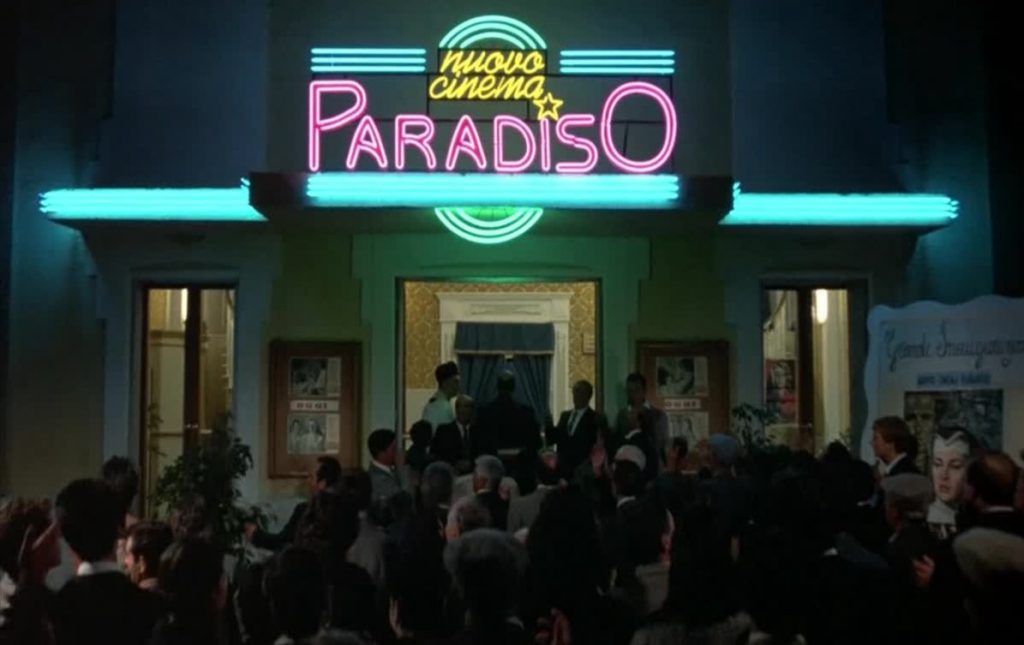
So, as expected, Cinema Paradiso is most assuredly a classic. The original movie still effectively tugs on the heartstrings and works just as well as did when it came out more than 30 years ago. And the new transfer from Arrow is astonishing. Like other releases from the distributor, it looks better than it ever has… and that includes having seen it as a youth on the big screen. The image is stunning, clear and the colors incredibly vibrant. From shots of the village town square at sunset to shafts of light pouring out from the cinema projector, it’s beautiful to witness.
As far as bonuses go, there’s an extended interview with director Giuseppe Tornatore (which appears to have been conducted for the 2006 French release on disc). In it, he details his own life in Sicily, the part that this region played in his development as a filmmaker and documentarian, as well as how it influenced his Oscar-winning opus. He also goes into his own movie-making philosophy and discusses his other features, including A Pure Formality and The Legend of 1900.
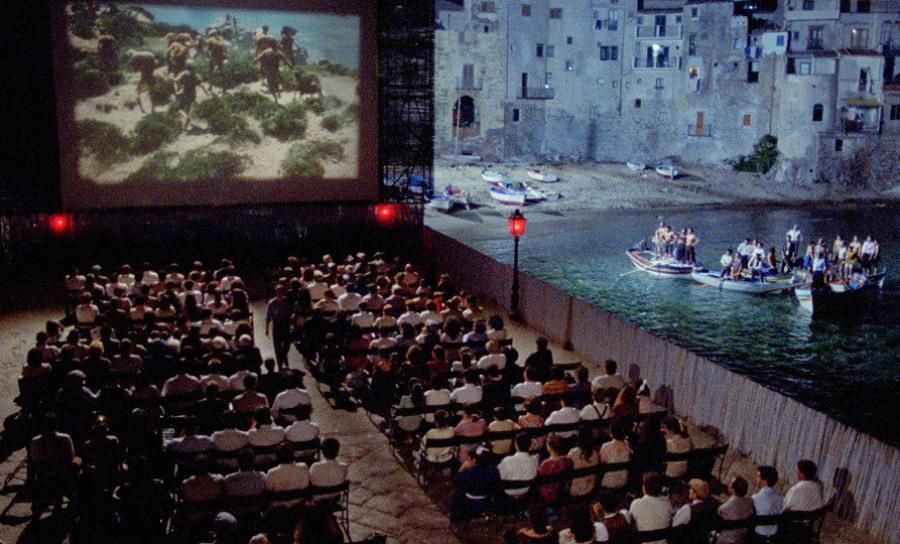
There’s also a lengthy documentary on the movie itself and a fascinating commentary with Italian cinema expert Millicent Marcus, who knows Tornatore personally and served as a translator for him during publicity tours. The track also features a few English-language tidbits from the director himself during specific and important moments in the feature. It’s an excellent bonus that helps points out all of the motifs and creative nods used in the film.
Viewers will also learn the surprising trouble that the film experienced before it received its acclaim. Perhaps it is because I wasn’t old enough at the time, but all of the details being addressed were completely new to me. The 174-minute Director’s Cut was initially released in Italy, but flopped and received less-than-enthusiastic notices from the local press (Tornatore was told that the extended running time was a major issue). After its disastrous domestic run, the producers found it difficult getting the movie accepted into international film festivals. For a while, it seemed as if the movie might fade into obscurity. Desperate to solve the problem, the director cut the movie down to 124 minutes and got it booked at major film festivals, where it ultimately found distributors from around the world and became a smash success.
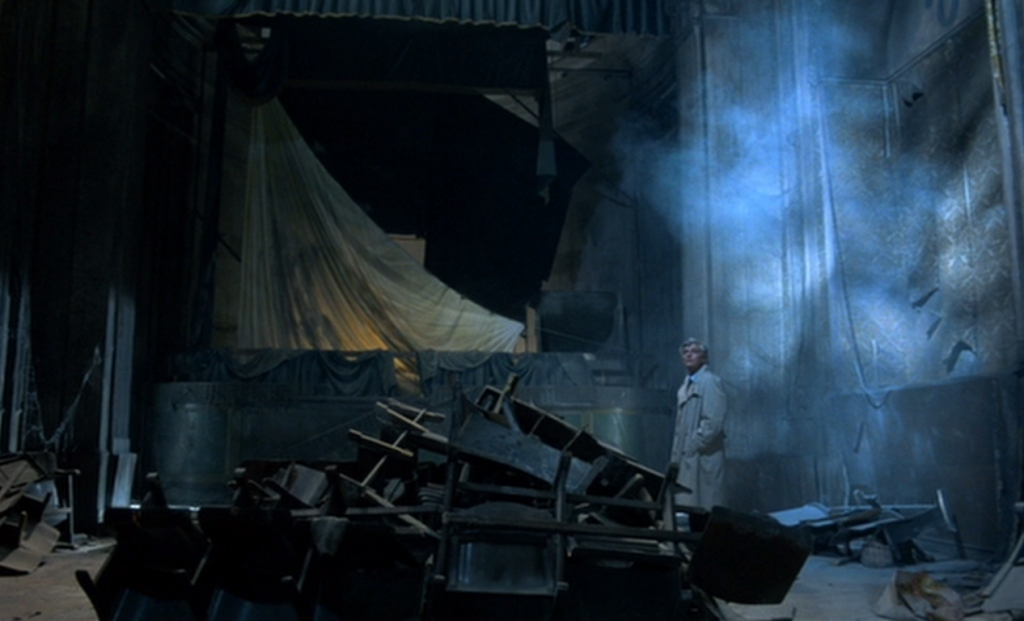
While the 174-minute version has always been readily available in its homeland, it usually comes as a surprise to those in other parts of the world that such a significantly different edition exists at all. As this has come to light, there are now differing opinions as to which version is superior. The Director’s Cut offers a few more interactions and extended experiences set in and around the movie theater. But the most direct and explicit new material comes in the extended final act when the adult Toto decides to return home. It results in a reunion between the lead and a significant supporting character that puts an entirely different spin on the movie. In fact, this version details more of that happened to them and the reveal adds a more manipulative spin on the Alfredo character. It’s fascinating to see and lends more of a darker edge to the material, marking a significant change from the shorter version.
Yet, while it may in part be due to the fact that the 124-minute version was the first version to make an impression this reviewer, I must admit that I prefer the shorter cut. While it may not be as somber, there’s actually more of a sense of mystery in the short version. It doesn’t end in a series of conversations where everything is spelled out and all loose ends are tied up. You still get a general sense of Alfredo’s influence on Toto even if it isn’t as explicit. The lack of knowledge about the reasons for some of the supporting character’s significant decisions add a relatable element to the lead’s journey… especially as he tries to make sense of his past and where it has ultimately led him in life. It’s a little more subtle and the omission of some details allows a viewer’s mind to wander and make their own connections, evoking an effective combination of emotions about the story’s events.
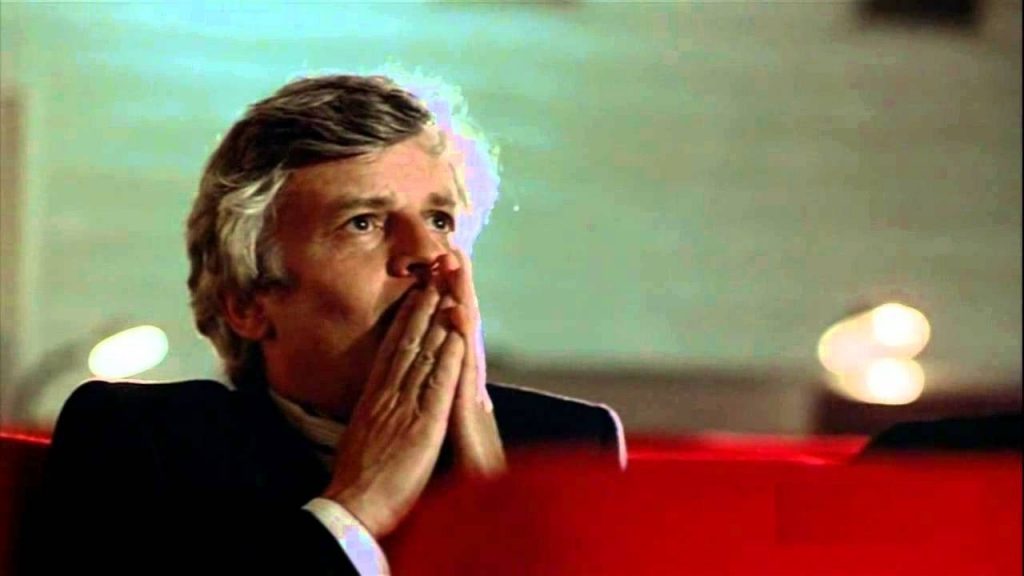
Whichever take on the story you may prefer, many thanks should go to Arrow Academy for making both of these versions available on the same release. I learned things about this feature that I never knew, which has heightened my enjoyment of it even more. Cinema Paradiso is a phenomenal feature and this new Special Edition Blu-ray is a must-own for any fan of world cinema.


